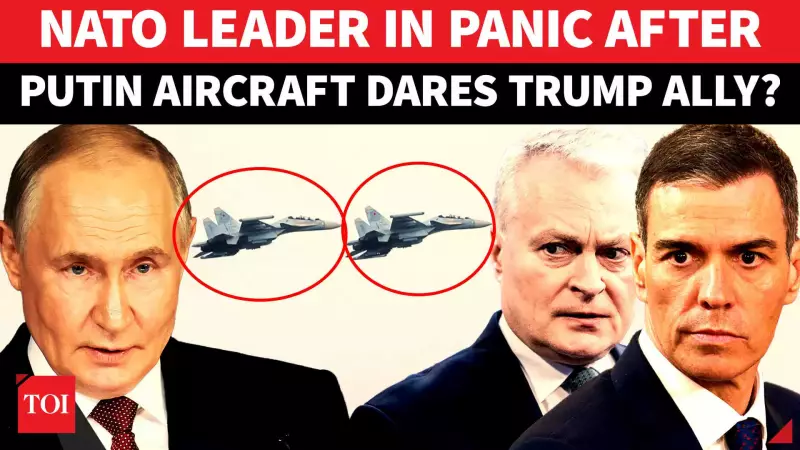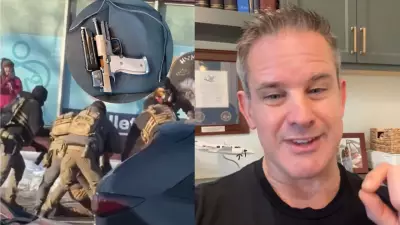
In a strongly worded statement that has captured international attention, Spanish Prime Minister Pedro Sánchez has publicly condemned Russia for what he describes as repeated and deliberate violations of NATO airspace by Russian military aircraft.
This marks yet another instance where Russian jets have ventured into territory protected by the North Atlantic Treaty Organization, raising serious questions about regional security and diplomatic relations between Moscow and Western powers.
Escalating Tensions in European Skies
The Spanish leader's sharp criticism comes amid growing concerns among NATO member states about Russia's increasingly assertive military maneuvers near alliance borders. Sánchez emphasized that such incursions cannot be dismissed as accidental or routine, but rather represent a pattern of behavior that threatens European stability.
"This is not an isolated incident," the Prime Minister stated, pointing to multiple similar occurrences that have tested NATO's air defense readiness in recent months.
What This Means for NATO-Russia Relations
The repeated airspace violations have prompted serious discussions within NATO command structures about appropriate response measures. Military analysts suggest these incidents represent Moscow's way of testing alliance response times and defense capabilities.
- Increased NATO air patrols in sensitive regions
- Enhanced radar and surveillance operations
- Diplomatic protests through official channels
- Potential strengthening of air defense systems
Spanish defense officials have confirmed that their forces remain on high alert, working closely with other NATO members to monitor any further provocative actions from Russian aircraft.
Historical Context of Russia-NATO Air Incidents
This latest confrontation follows a troubling pattern of similar incidents that have occurred throughout Eastern Europe and the Baltic region. NATO intercepts of Russian military aircraft have become increasingly common since the escalation of tensions following events in Ukraine.
The Spanish Prime Minister's vocal stance reflects growing European concern about maintaining clear boundaries in international airspace, especially as geopolitical tensions continue to simmer across the continent.
As the situation develops, military and diplomatic observers will be watching closely to see how Russia responds to this latest round of criticism from a key European leader.





